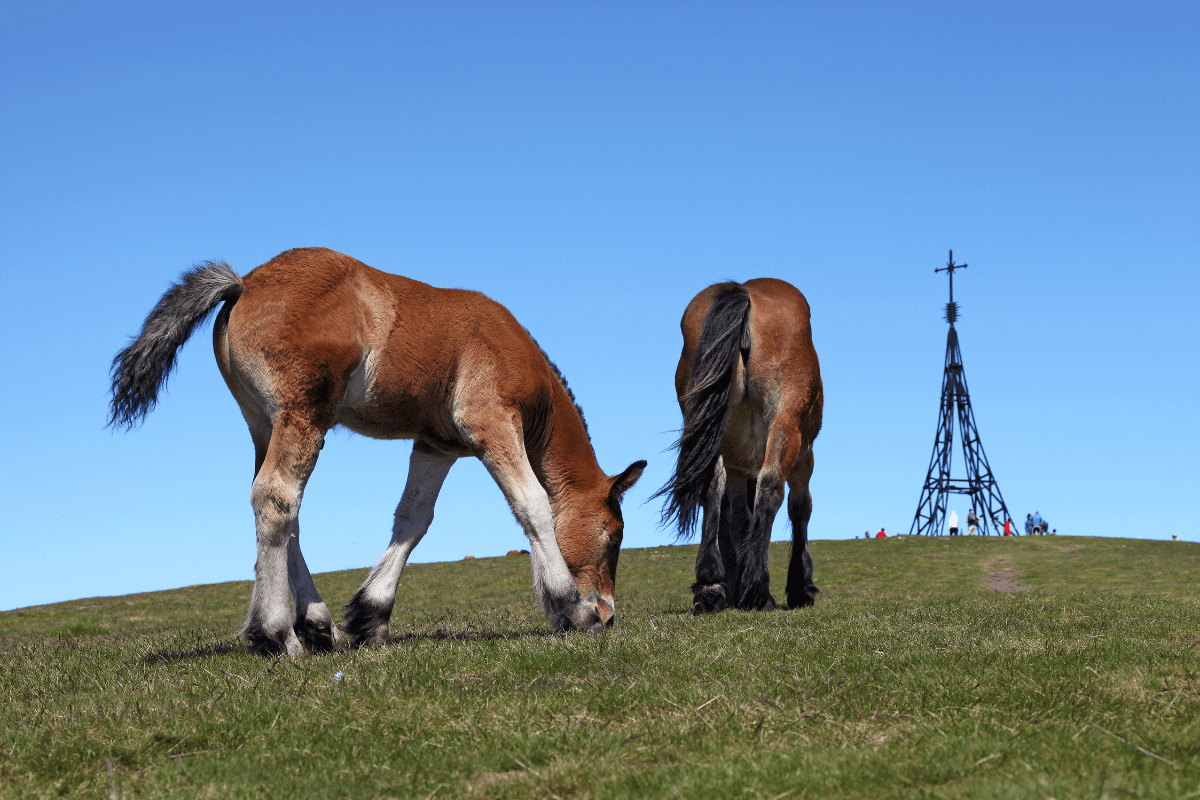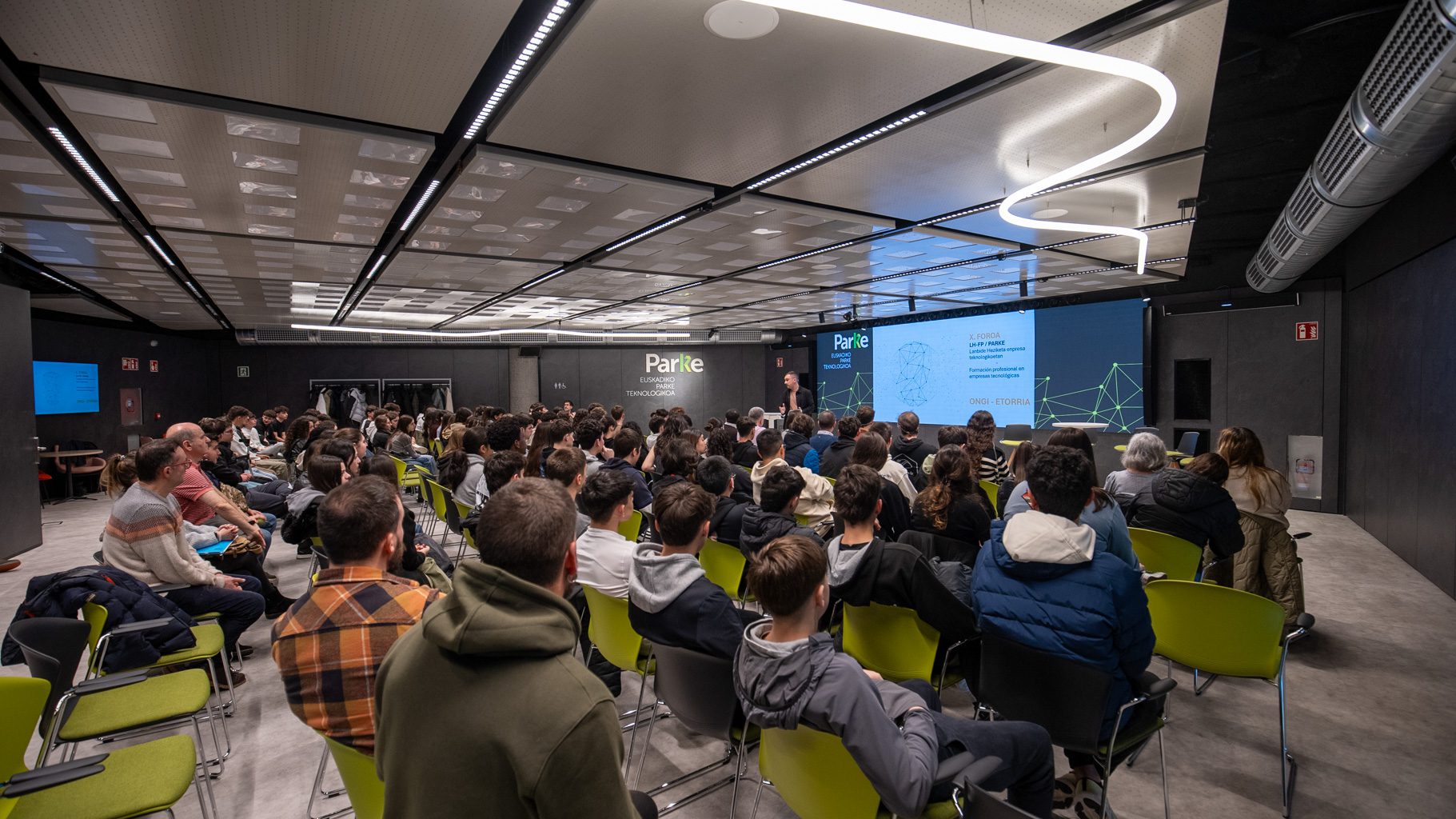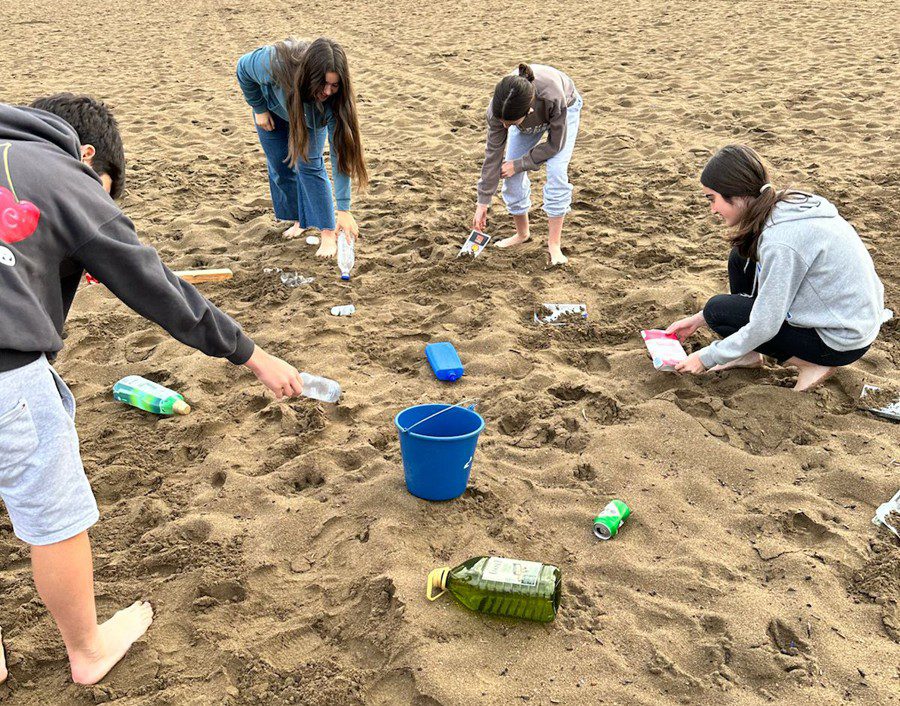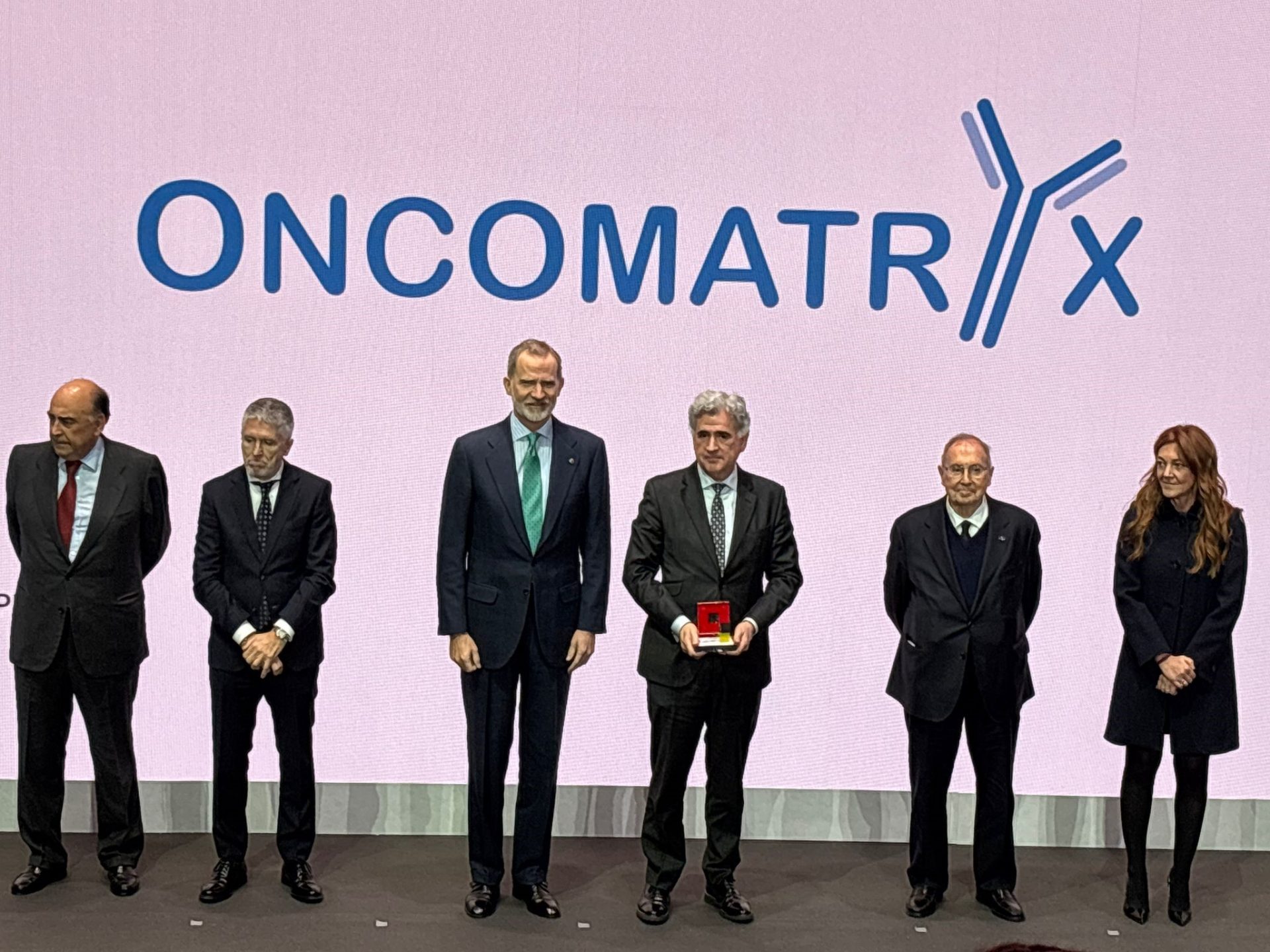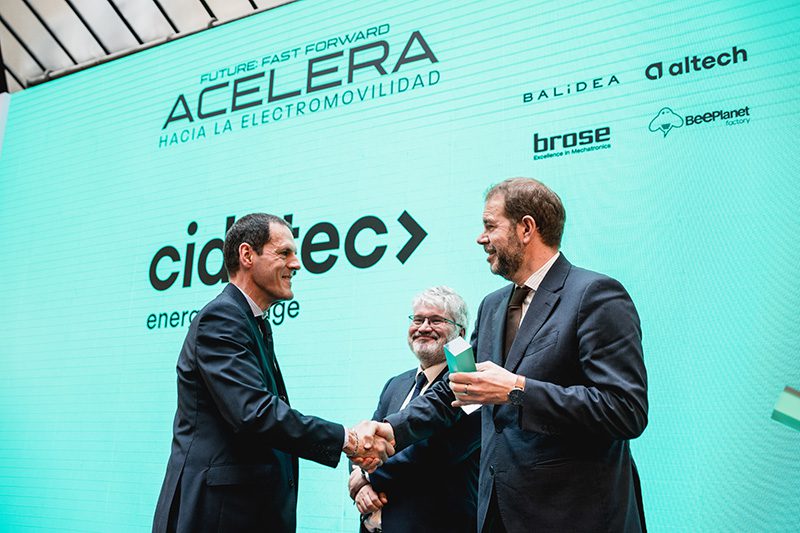Transforming agri-food waste into biofertilisers for more sustainable agriculture
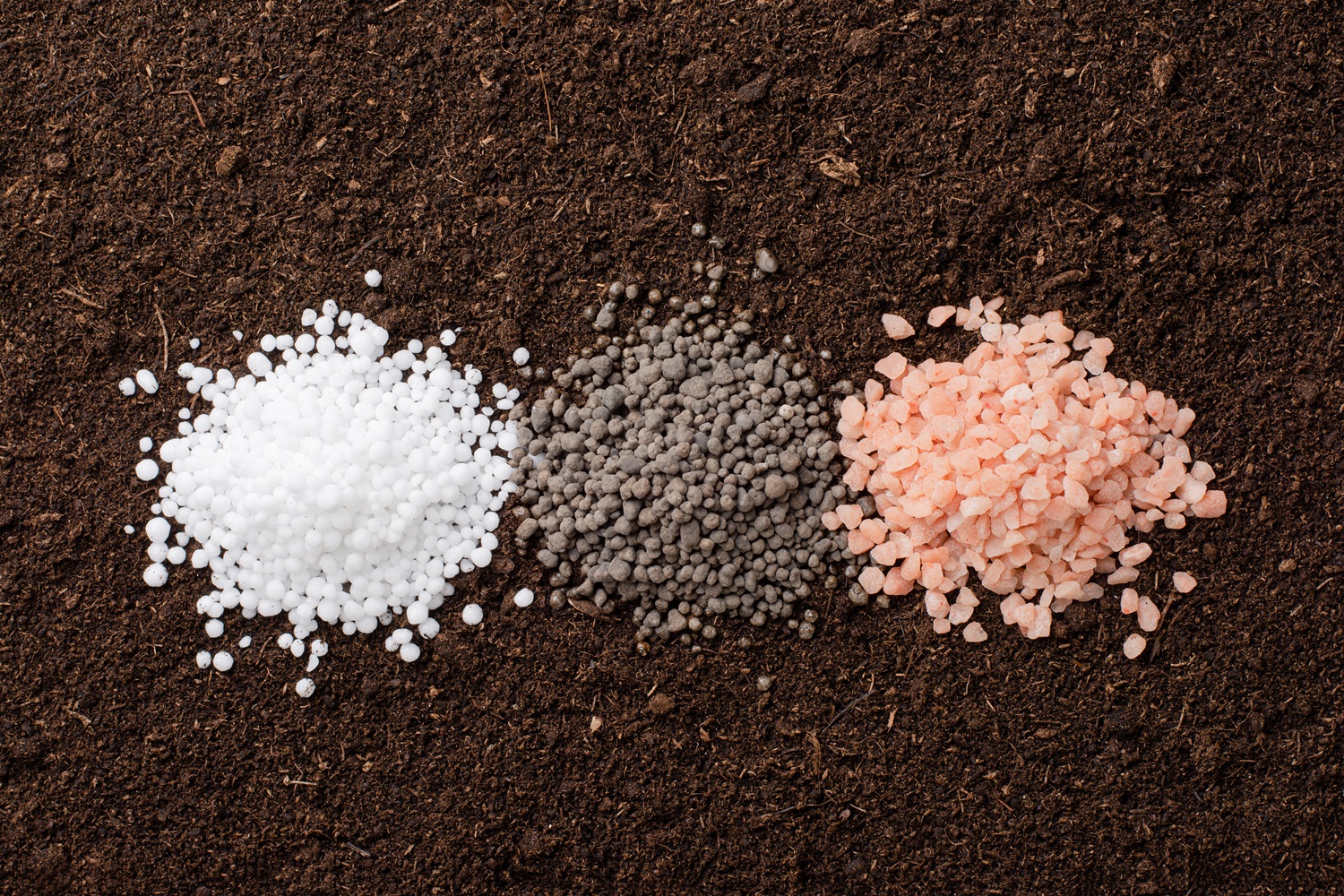
The LANDFEED project proposes to use waste as an alternative source of nutrients.
Development of biodegradable coatings to improve the efficiency of fertilisers and reduce environmental impact
It will create jobs in rural areas and strengthen sustainability in European agriculture, reducing the carbon footprint.
European bioeconomy strategy and transition to more environmentally friendly agriculture
The NEIKER technology centre, which is part of the Basque Government’s Department of Food, Rural Development and Agriculture and Fisheries, is leading a European consortium made up of 21 partners from 7 countries to promote the production of sustainable fertilisers from agri-food waste. The initiative, called LANDFEED, will last 4 years and will contribute to the development of a more sustainable European agriculture, promoting waste recovery, reducing the carbon footprint and improving soil health.
Mineral fertilisers, such as nitrogen, phosphorus and potassium compounds, are the most widely used fertilisers in European agriculture, yet their energetic production generates a large carbon footprint.
The new project, which has a budget of 6.6 million euros, emerges as a promising alternative by proposing the transformation of agri-food waste into biofertilisers that, in addition to being more sustainable, improve soil structure and reduce soil erosion. This initiative is in line with the European strategy for the transition to more environmentally friendly agriculture.
New technologies for more sustainable agriculture
In addition to leading the project, NEIKER will be in charge of developing algae-based biodegradable coatings for these fertilisers, in order to improve the release of nutrients and reduce greenhouse gas emissions. These coatings allow nutrients to be released in a more controlled manner, promoting more efficient plant growth.
‘Our aim is to create fertilisers that are not only more sustainable, but also improve soil health and biodiversity, while reducing environmental impact,’ explains Miriam Pinto, researcher in waste revaluation at NEIKER and coordinator of the project.
As part of the project, ten new biofertilisers will be validated through trials in several European locations to demonstrate their efficacy in different climatic conditions and soil types. These fertilisers will be available at competitive prices, enabling farmers to reduce their dependence on mineral fertilisers and to meet the challenges of climate change.
Impact on rural economies
One of the main objectives of the project is to boost rural and peripheral economies through the creation of new lines of business based on the bioeconomy. It is estimated that the project will generate up to 150 jobs in regions such as Teruel and Jaén in Spain, as well as in other areas of France and Italy. In addition, the local production of biofertilisers will reduce the EU’s dependence on external resources, improving agricultural self-sufficiency and strengthening the sustainability of the fertiliser value chain.
In addition, LANDFEED will also contribute to the reduction of the carbon footprint of European agriculture, aligning with the EU Green Deal targets and the Paris Agreement. The project aims to reduce water and energy consumption in fertiliser production, as well as to improve carbon sequestration in agricultural soils.
